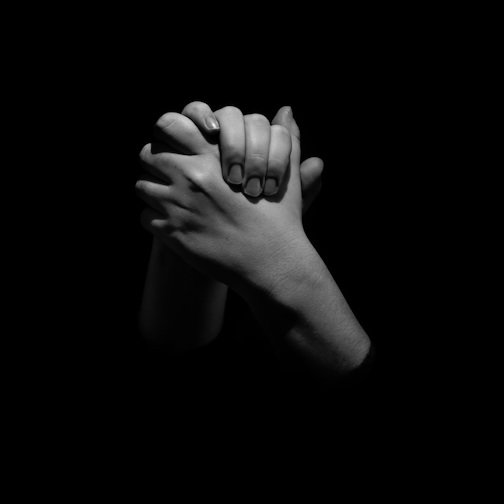 Are you suffering from emotional dependency? You might want to go through this checklist to find out.
Are you suffering from emotional dependency? You might want to go through this checklist to find out.
__I cannot feel lovable and worthy without another's approval.
__I need a lot of attention from certain people to feel that I am okay.
__I don't trust my own feelings. I need others to validate my feelings.
__I am afraid of rejection. I isolate, try to be perfect, agree with others, give myself up or shut down, along with many other things, to avoid rejection.
__I am afraid to be alone.
__I often feel empty inside.
__I am often anxious around others.
__I am often jealous in my relationships.
__I take others' uncaring behavior toward me personally.
__I get angry when others do what they want to do instead of what I want them to do.
__People have told me that I am too needy.
__I don't know what to do with myself when I'm not around others.
__I'm fine when I'm alone, but I get tense and anxious around others.
__I often find myself blaming others for my feelings - my anger, emptiness, insecurity, anxiety and so on.
__I believe that my good feelings should come from someone else loving me.
__I believe that my safety and security should come from someone else.
__I can't have fun unless I'm with someone else who knows how to have fun.
__I am often anxious or depressed, guilty or shamed, hurt or angry.
This is certainly not a complete list, but you get the idea. You are emotionally dependent when you are not taking full, 100% responsibility for your own feelings. Taking responsibility means compassionately nurturing your painful life feelings of loneliness, helplessness over others, heartache, heartbreak, sorrow and grief, and it means learning about how you are treating yourself and what you are telling yourself that is causing your wounded feelings of anxiety, depression, victim hurt, guilt, shame, anger, jealousy and so on. You are emotionally dependent when you are not defining your own inner worth - instead, making others' approval and attention responsible for your sense of worth.
When you are not taking responsibility for your own feelings and for defining your own worth, then you are dependent upon others to do this for you. This is being a victim of others' choices. This is emotional dependency.
The opposite of emotional dependency is emotional freedom. You attain emotional freedom when you decide to learn how to take 100% responsibility for all your own feelings.
Taking responsibility for your own feelings means:
- You compassionately embrace core painful life feelings - loneliness, helplessness over others, heartache, heartbreak, sorrow and grief - and learn how to manage these difficult feelings, so that you don't have to avoid them with your various addictions. As long as you use addictions to avoid these feelings, instead of learning to compassionately manage them, you will continue to suffer from emotional dependency. These feelings are being caused by others and circumstances, but it is up to you to learn to lovingly manage them without closing down and turning to addictions.
- You learn to explore the feelings that you create with your own thoughts and actions - your anxiety, depression, victim hurt, guilt, shame, anger, jealousy, rage, envy and so on. As long as you believe it is others' choices, rather than what you are telling yourself and how you are treating yourself, that is causing these feelings, you will suffer from emotional dependency. You will see yourself as a victim until you take full responsibility for how you are creating these painful feelings with your own self-abandonment.
Being emotionally dependent is a hard way to live. Discover your personal power by learning how to take responsibility for your own feelings, and becoming emotionally free.
Join Dr. Margaret Paul for her 30-Day at-home Course: "Love Yourself: An Inner Bonding Experience to Heal Anxiety, Depression, Shame, Addictions and Relationships."
Join IBVillage to connect with others and receive compassionate help and support for learning to love yourself.
Photo bt Ad Ulici